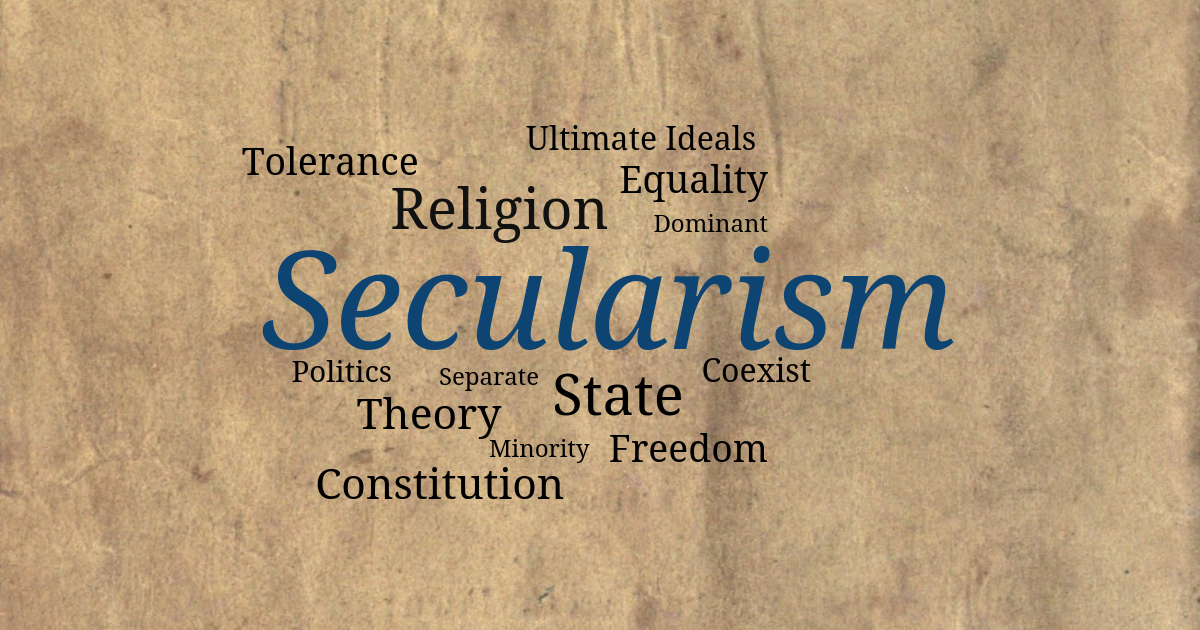Description

Figure 3: No Copyright Infringement Intended
Context:
According to Chief Justice of India, Swami Vivekananda advocated secularism, “analysed the dangers posed by meaningless and sectarian conflicts” and “believed that the true essence of religion was the common good.
Vivekananda on Secularism:
- He propagated the idea of tolerance and universal acceptance.
- He analysed the dangers posed by the meaningless and sectarian conflicts in society to the nations and civilisations.\
- He firmly believed that the true essence of religion was the common good, and tolerance. Religion should be above superstitions and rigidities.
- He popularised Practical Vedanta as it preached love, compassion, and equal respect for all.
About Secularism:
- Secularism is part of the basic structure of the Constitution.
- It is also part of the Preamble (added by the 42nd Constitutional Amendment Act).
- However, the concept is a different in India as compared to the Western 13 nations.
Western Secularism
- In the latter part of the world, the concept denotes separation of religion from state.
- It reflects the separation of the Church from state. It mandates that the government will have nothing to do with religion and religion is a private matter of the Ex: The French follow an extreme version of this concept, where they wish to eliminate all outwardly display of religion in public sphere like burqa, turban etc. They term this as Laicite.
- Religion in this case is confined to the four walls of one’s house.
Indian notion of secularism:
- Indian secularism is based on the principle of equal respect to all religions and principled distance from all religions.
- However, in a multi-diverse country like India, the State is mandated to support all religions equally and provide for certain benefits to the minority communities.
- Secularism will continue to guide us in our public policy but has to be done in a rational manner.
Why Indian secularism is called as Positive Secularism:
- Indian philosophy of secularism is related to “Sarva Dharma Sambhava” (literally it means that destination of the paths followed by all religions is the same, though the paths themselves may be different) which means equal respect to all religions.
- This concept, embraced and promoted by personalities like Vivekananda and Mahatma Gandhi is called ‘Positive secularism’ that reflects the dominant ethos of Indian culture.
- India does not have an official State religion. However, different personal laws - on matters such as marriage, divorce, inheritance, alimony varies with an individual’s
- Indian State is neither irreligious nor anti-religious. It treats all religion equally irrespective of their strength.
- Indian secularism is not an end in itself but a means to address religious plurality and sought to achieve peaceful coexistence of different religions.










